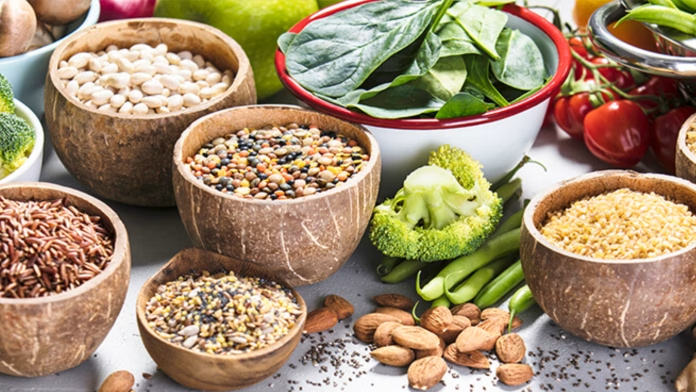Have you ever heard the term “gut instinct”? This common expression is based on the idea that our gut and emotions are inextricably linked. This connection, it turns out, is not merely metaphorical; there is actual science behind it. Your gut health influences not only your physical well-being but also your mental health and overall mood. It’s even been claimed that your gut controls everything in your body.
The gut-brain axis is a pathway that connects the gut and the brain. This link is bidirectional, which means that your gut health can influence your mood and vice versa. Stress and anxiety, for example, can cause digestive symptoms such as bloating, constipation, and diarrhea. on the other hand, an imbalance can contribute to depression, anxiety, and other mood disorders.
Thus, Your digestive system is the foundation of your overall health and well-being. It not only aids digestion but also has an impact on your mood, energy levels, and immunity. As a result, it is critical to adopt healthy eating habits that promote gut health. Here are the 15 best gut-healthy eating habits:
1 Eat plenty of fiber
Fiber is important for digestive health because it acts as a broom in the gut, sweeping out waste and toxins. Whole grains, fruits, vegetables, legumes, and nuts are all high in fiber. Make an effort to consume at least 25-35 grams of fiber per day.
2 Consume fermented foods
Fermented foods like yogurt, kefir, kimchi, sauerkraut, and pickles are rich in probiotics, which are beneficial bacteria that help maintain a healthy gut microbiome. Including these foods in your diet can help improve digestion, boost immunity, and reduce inflammation.
3 Avoid processed foods
Probiotics, which are beneficial bacteria that help maintain a healthy gut microbiome, are abundant in fermented foods such as yogurt, kefir, kimchi, sauerkraut, and pickles. Including these foods in your diet can help with digestion, immunity, and inflammation reduction.
4 Stay hydrated
Drinking plenty of water is crucial for digestive health as it helps flush out waste and toxins, prevent constipation, and keep the gut lining moist. Aim to drink at least 8 glasses of water per day.
5 Limit alcohol consumption
Excessive alcohol consumption can cause damage to the gut lining, disruption of the balance of bacteria in the gut microbiome, and inflammation. If you must consume alcohol, limit yourself to one serving per day and choose low-alcohol or alcohol-free options.
6 Eat more plant-based foods
7 Plant-based foods rich in fiber, vitamins, minerals, and antioxidants that support gut health include fruits, vegetables, whole grains, legumes, and nuts. Make plant-based foods your primary source of nutrition.
7 Include prebiotic-rich foods
Prebiotics are foods that feed the good bacteria in your gut, promoting a healthy gut microbiome. Garlic, onions, leeks, asparagus, and bananas are all high in prebiotics.
8 Avoid added sugars
Sugars added to processed foods, sweetened beverages, and snacks can harm gut health by altering the balance of bacteria in the gut microbiome. Instead, choose naturally sweet foods such as fruits.
9 Limit high-fat foods
High-fat foods can slow digestion and cause inflammation, both of which are detrimental to gut health. Choose healthy fats like avocados, nuts, seeds, and olive oil instead.
10 Chew your food well
Chew your food thoroughly to aid digestion and make it easier on your gut. This can also help you enjoy your food more and avoid overeating.
The importance of Gut Health, therefore, is a key indicator of Mood and Overall Health. When your gut microbiome is imbalanced, it can lead to digestive problems, inflammation, and a weakened immune system. So, take our points in mind and strike for a balanced diet that suits your lifestyle. Always remember to listen to your gut and aligned it to your needs, this will manifest in overall well-being and a greater mindset.





